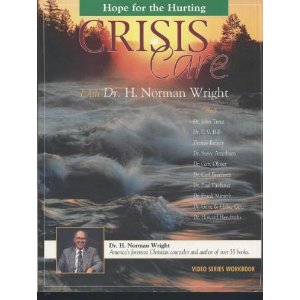Disabled Children Allowed to Live
Yes, you read that title correctly. Recently, the British Counsil of Disabled People ruled that doctors did not have the right to kill severely diabled babies. Some had suggested that active euthanasia might be the best course of action so parents would not have to undergo extreme emotional and financial strain.
Amazingly, one person suggested that this was a good idea because it might keep parents from considering an abortion. The parents, it was suggested, could allow the baby to live, taking a risk on how the pregnancy would turn out. THEN, if the baby were severly handicapped, the doctors and parents could agree to terminate the life.
Isn’t that tragic? Now some have gone beyond abortion to outright killing, all in the name of convenience.
I know that having a disabled child would be extremely hard, but look at how many parents have done a remarkable job raising disabled children. Those children teach us so much about life and about ourselves. They can teach us so much about love.
God hates hands that shed innocent blood (Proverbs 6:17). Let’s fight for the rights of the unborn and, now, for those who are born but with difficulties.
Following is the press release of this story as it appeared in the online version of the U.K. Telegraph.
Proposals from a leading medical college that doctors should consider euthanasia for the most seriously disabled newborn children were denounced by campaigners for the disabled yesterday [Sunday, A.F.].
The British Council of Disabled People, responding to recommendations by the Royal College of Obstetricians and Gynaecologists, said that doctors did not have the right to decide who should live or die. In a consultation document, the RCOG said the issue of “active euthanasia” should be addressed to spare parents the emotional and financial burdens of bringing up such children.
Its comments were made to the Nuffield Council on Bioethics, which will publish the results of its two-year inquiry next week into the ethics of prolonging life in foetuses and the newborn. “A very disabled child can mean a disabled family,” the RCOG paper states.
“If life-shortening and deliberate interventions to kill infants were available, they might have an impact on obstetric decision-making, even preventing some late abortions, as some parents would be more confident about continuing a pregnancy and taking a risk on outcome.”Simone Aspis, from the British Council of Disabled People, said it was “completely wrong” to suggest that the lives of disabled babies were worth less than those of other children.
“It is not for medical professionals or indeed anyone else, like families, to determine whether someone else’s quality of life will be good simply on the grounds of impairment or health condition,” she said.


